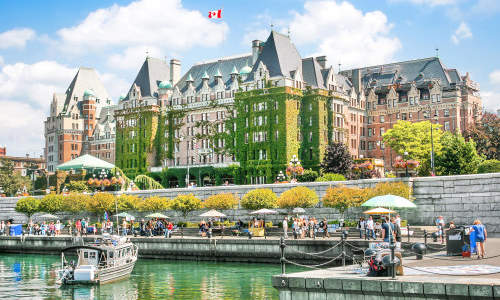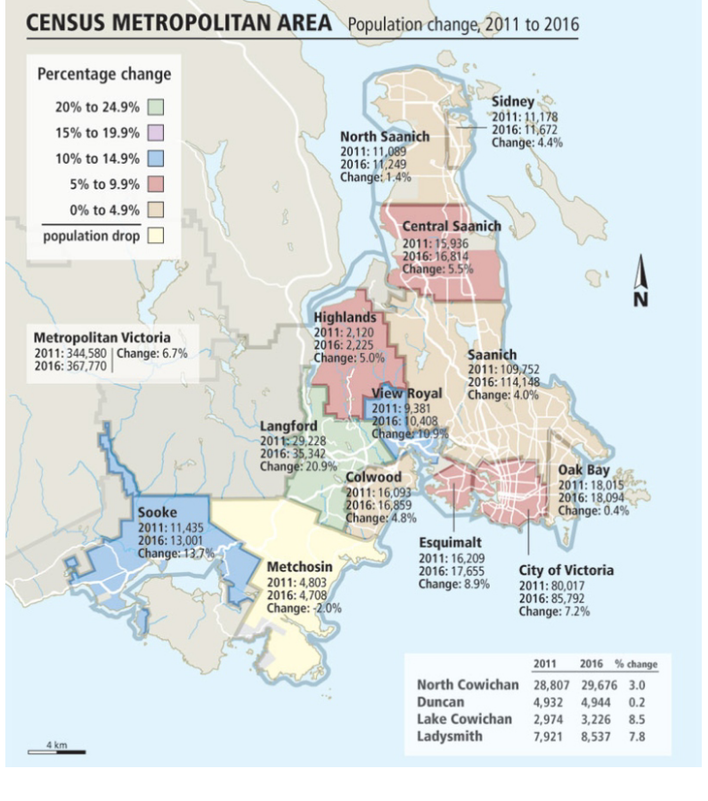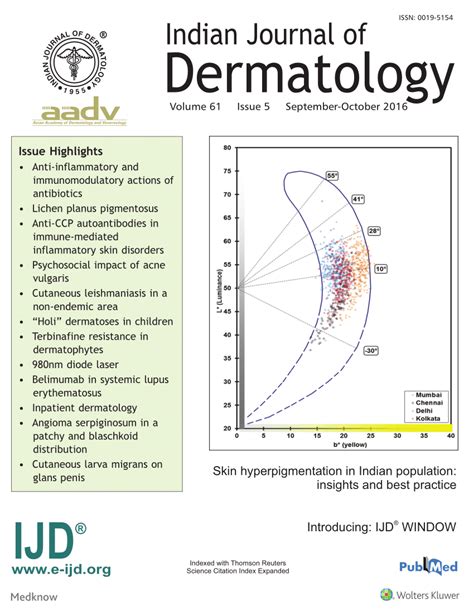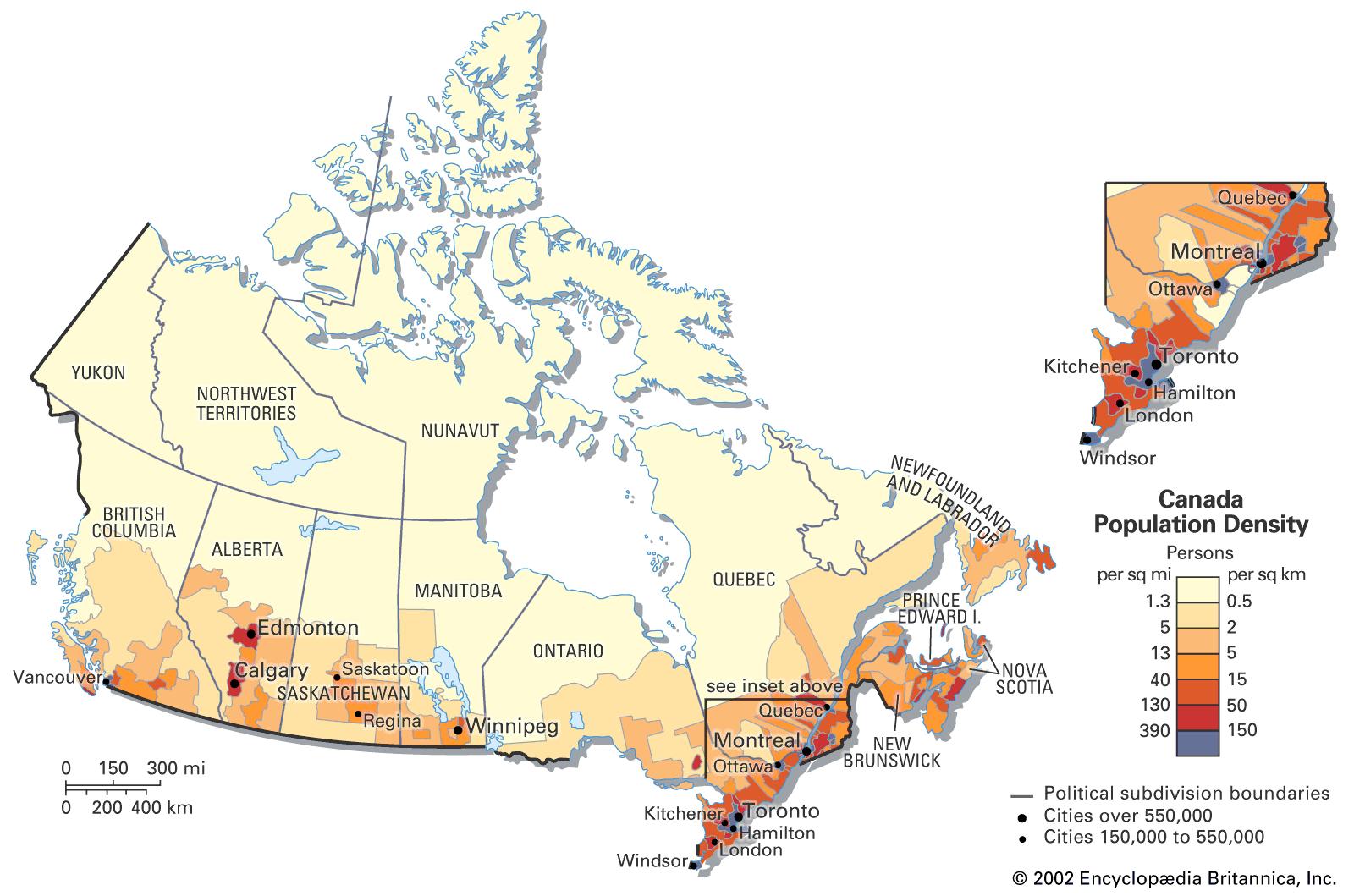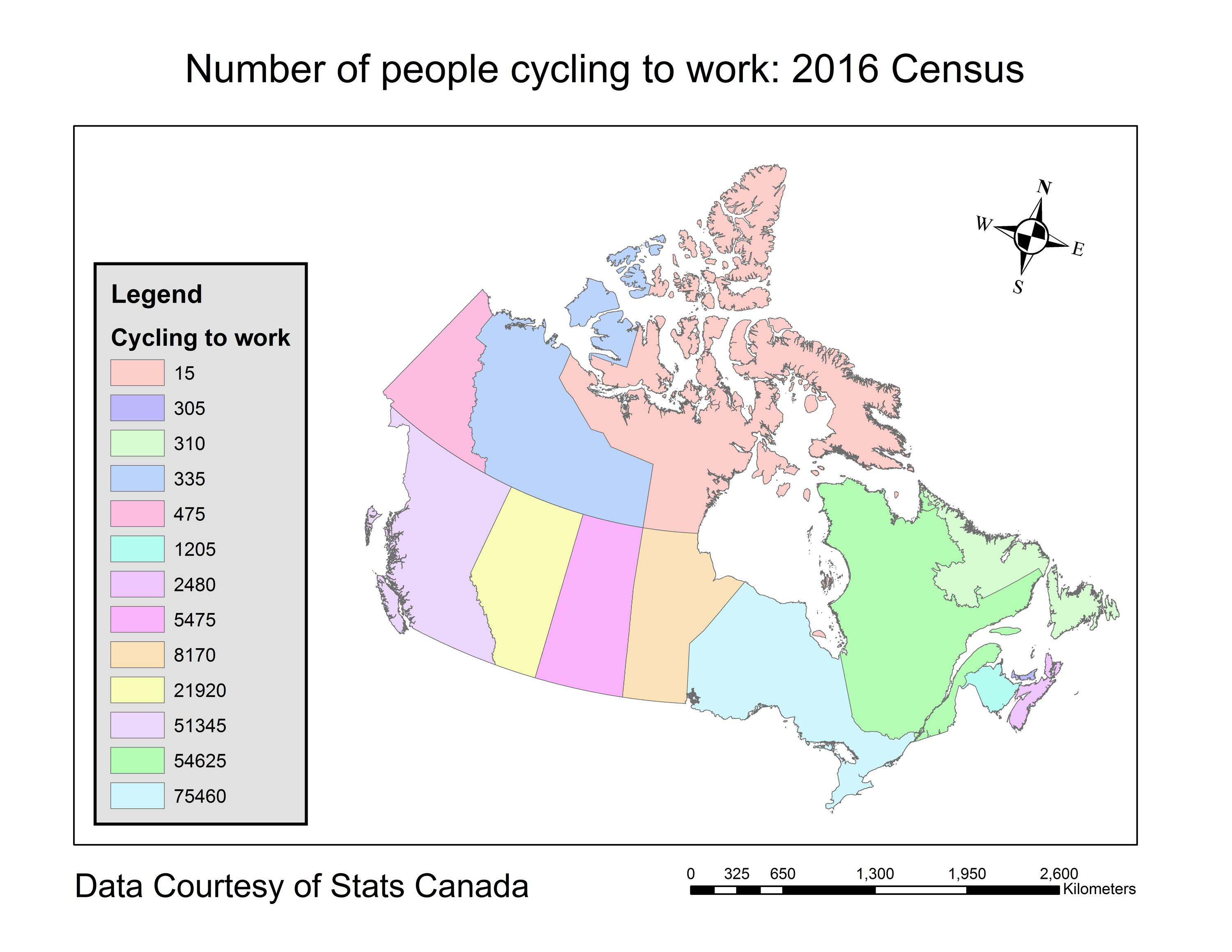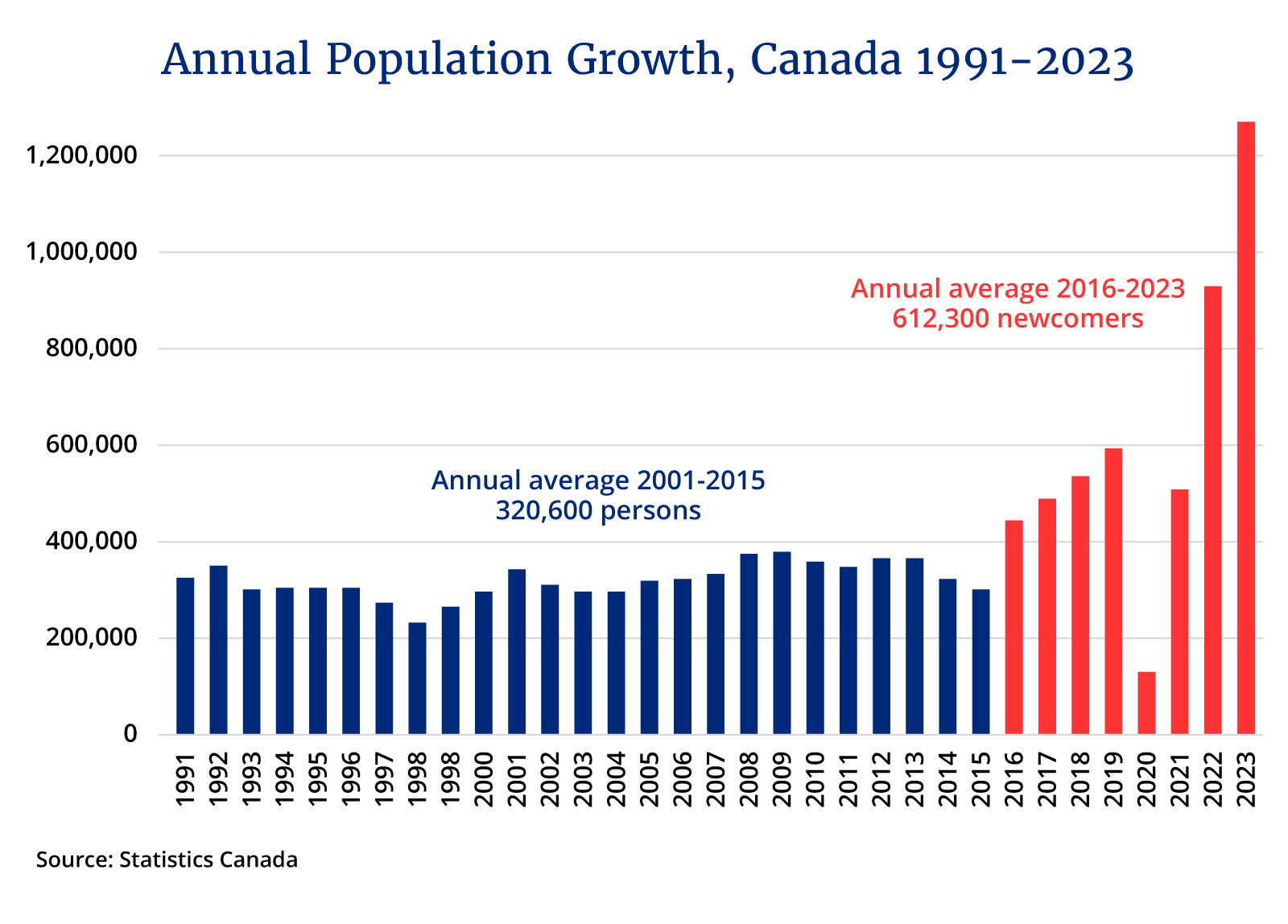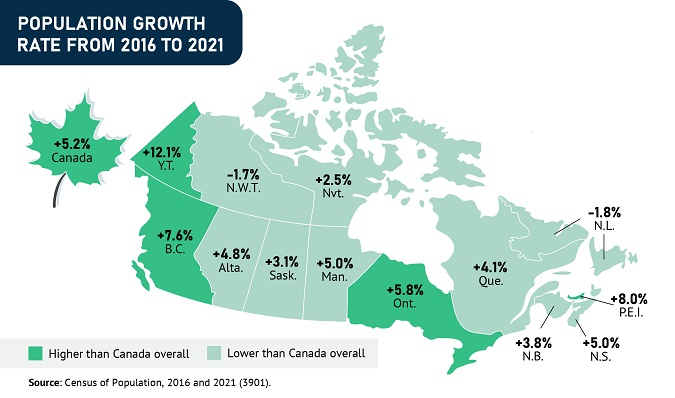What Is The Population Of Victoria Canada

Victoria, British Columbia, a city synonymous with picturesque harbors, historic architecture, and a relaxed island lifestyle, is more than just a pretty postcard. Understanding its population is crucial for planning infrastructure, allocating resources, and shaping the future of this vibrant capital city. A precise figure, however, is more complex than a simple head count, encompassing the core municipality, the surrounding metropolitan area, and seasonal fluctuations.
This article delves into the latest population figures for Victoria, Canada, exploring the nuances of defining "Victoria," the sources of population data, and the implications of population growth for the city and its residents. We will examine the official statistics from Statistics Canada, regional district estimates, and consider the impact of tourism and temporary residents on the overall population picture.
Defining Victoria: Core City vs. Metropolitan Area
The first challenge in determining Victoria's population is defining its boundaries. The City of Victoria, the core municipality, has a relatively small land area.
However, it is the hub of a larger metropolitan area known as the Capital Regional District (CRD), which includes municipalities like Saanich, Oak Bay, and Esquimalt.
Therefore, population figures vary significantly depending on whether one is referring to the City of Victoria proper or the entire metropolitan region.
City of Victoria Population
According to the 2021 Census conducted by Statistics Canada, the City of Victoria's population was 91,867.
This figure represents the number of people residing within the legally defined boundaries of the City of Victoria.
It's important to note that this number is subject to change as the city continues to grow and develop.
Capital Regional District (CRD) Population
The CRD, encompassing the Greater Victoria area, has a considerably larger population.
The 2021 Census reported a population of 416,341 for the CRD.
This number provides a more comprehensive picture of the population that relies on Victoria for employment, services, and cultural amenities.
Sources of Population Data
The primary source of population data for Victoria, and Canada as a whole, is Statistics Canada.
Statistics Canada conducts a national census every five years, providing a detailed snapshot of the population, demographics, and housing characteristics.
In addition to the census, Statistics Canada also produces population estimates based on administrative data, such as birth and death registrations, immigration records, and tax filings.
Regional District Estimates
The CRD also produces its own population estimates, often using Statistics Canada data as a baseline but incorporating local information and projections.
These regional estimates can provide more up-to-date information between census years.
However, it is important to consider the methodology used and compare them with Statistics Canada data for consistency.
Factors Influencing Population Growth
Victoria has experienced steady population growth in recent years, driven by a number of factors.
These factors include a strong economy, a desirable quality of life, and a relatively mild climate.
Immigration also plays a significant role in population growth, with many newcomers choosing to settle in Victoria.
Impact of Tourism and Temporary Residents
Victoria is a popular tourist destination, attracting millions of visitors each year.
The influx of tourists and temporary residents can significantly impact the demand for services and infrastructure.
While these individuals are not counted in the official population figures, they contribute to the overall population pressure on the city.
Housing Affordability and Density
Like many Canadian cities, Victoria faces challenges related to housing affordability.
The high cost of housing can make it difficult for people to live in the city, particularly for young adults and low-income individuals.
Increasing housing density and exploring alternative housing options are key strategies for addressing this challenge.
Implications of Population Growth
Population growth has significant implications for Victoria, both positive and negative.
On the one hand, growth can stimulate the economy, create jobs, and increase tax revenues.
On the other hand, it can strain infrastructure, increase congestion, and put pressure on the environment.
Infrastructure and Services
As the population grows, it is crucial to invest in infrastructure, such as transportation, water, and sewage systems.
Adequate funding for schools, hospitals, and other essential services is also necessary to meet the needs of a growing population.
Careful planning and strategic investments are essential to ensure that Victoria can accommodate future growth sustainably.
Environmental Sustainability
Population growth can also have an impact on the environment, increasing greenhouse gas emissions and putting pressure on natural resources.
Promoting sustainable transportation, reducing waste, and conserving water are important steps towards mitigating the environmental impact of growth.
Protecting the region's natural beauty and biodiversity is crucial for maintaining Victoria's quality of life.
Looking Ahead: Planning for the Future
Understanding Victoria's population is essential for planning the city's future. By analyzing population trends, identifying challenges, and implementing proactive strategies, Victoria can ensure a sustainable and prosperous future for all its residents. Monitoring population changes and adapting to evolving needs will be crucial in navigating the complexities of growth and maintaining Victoria's unique charm and livability for generations to come.
![What Is The Population Of Victoria Canada Components of population growth in Victoria [StatsCan] : r/VictoriaBC](https://i.redd.it/46t8kh287ct31.png)


